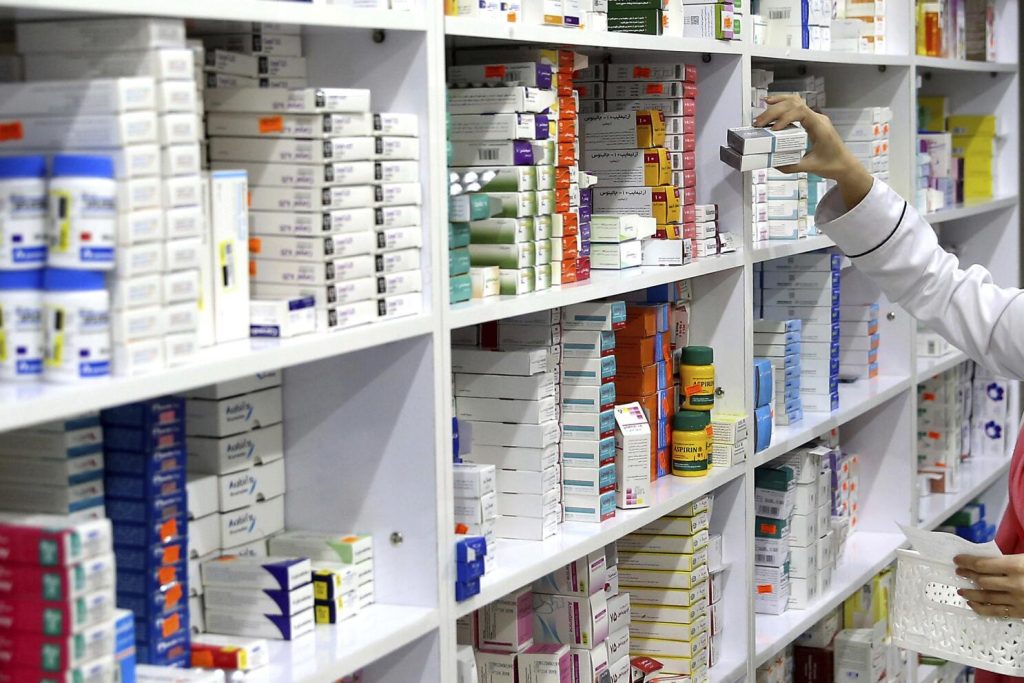Pakistan’s pharmaceutical industry is sounding the alarm as the ongoing trade ban with India continues to disrupt the supply of essential raw materials. Experts warn that if the ban stretches over the coming months, the availability and affordability of life-saving medicines could be in serious jeopardy.
Dependence on Indian Raw Materials
A large portion—nearly 40%—of the raw materials used in Pakistan’s medicine production comes from India. These include critical components like Active Pharmaceutical Ingredients (APIs), as well as pre-manufactured medicines such as antibiotics and vaccines. The rest are sourced mainly from China. With the ban in place, pharmaceutical companies are now scrambling to manage production using existing inventory, but this is only a short-term fix.
Shortages and Cost Surges on the Horizon
Industry insiders caution that medicine shortages could emerge within four to six months if trade remains halted. While local manufacturing does cover some antibiotic needs, it falls short of meeting national demand. The longer the trade suspension lasts, the more likely it is that companies will be forced to look for alternative sources—most of which come at a higher price.
This would directly impact consumers, potentially triggering a steep rise in medicine prices. Life-saving drugs could become harder to access for the average patient, creating a dangerous situation for the healthcare system.
Financial Strain Despite Recent Growth
Pakistan’s pharmaceutical sector has shown strong financial performance recently, with growing sales and improved profitability. However, the current trade restrictions could quickly reverse these gains by increasing manufacturing costs and disrupting production timelines.
Looking for Alternatives, But It’s Not Easy
To manage the situation, authorities and pharmaceutical firms are exploring new supply routes from countries such as China, Russia, and those in Europe. However, switching suppliers isn’t as simple as it sounds—it involves a lengthy process of certification, quality assurance, and regulatory approvals. This delay could further worsen the supply chain crunch.
A Wake-Up Call for Local Manufacturing
This crisis highlights a longstanding vulnerability in Pakistan’s pharmaceutical sector: overdependence on imports. The industry is now being urged to invest in domestic production capabilities, both to reduce reliance on foreign suppliers and to safeguard the country’s healthcare infrastructure in times of global uncertainty.
If the trade ban with India continues, Pakistan’s pharmaceutical industry may face medicine shortages, cost surges, and a potential healthcare crisis. It’s a crucial moment for the country to rethink its strategy and invest in building a more self-reliant pharmaceutical sector.



Comments (0)
No comments yet. Be the first to comment!
Leave a Comment